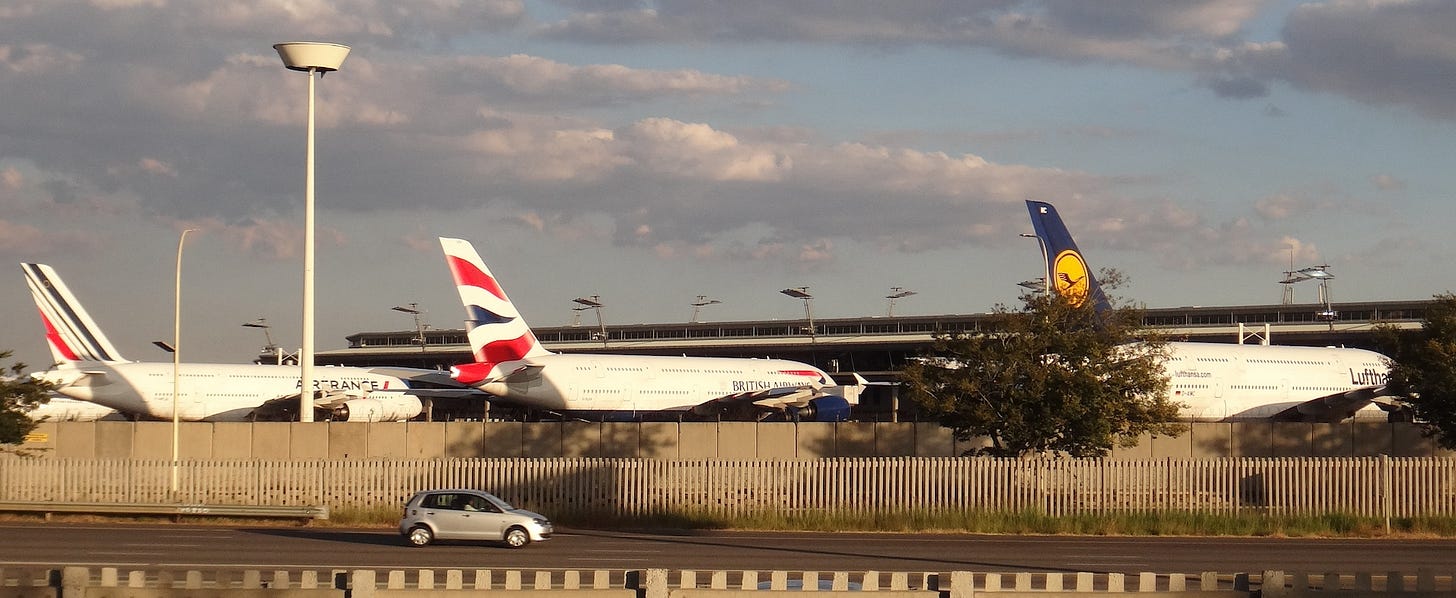Europe to South Africa is one of the world’s ultimate weekend breaks. You can leave the office at five o’clock on a Friday, fly nearly 12 thousand miles on a pair of overnight flights and be back at work by nine am on Monday. For travellers originating in London, that is an average air speed of 187 miles per hour.
Heading due south(ish), there is no jetl…



